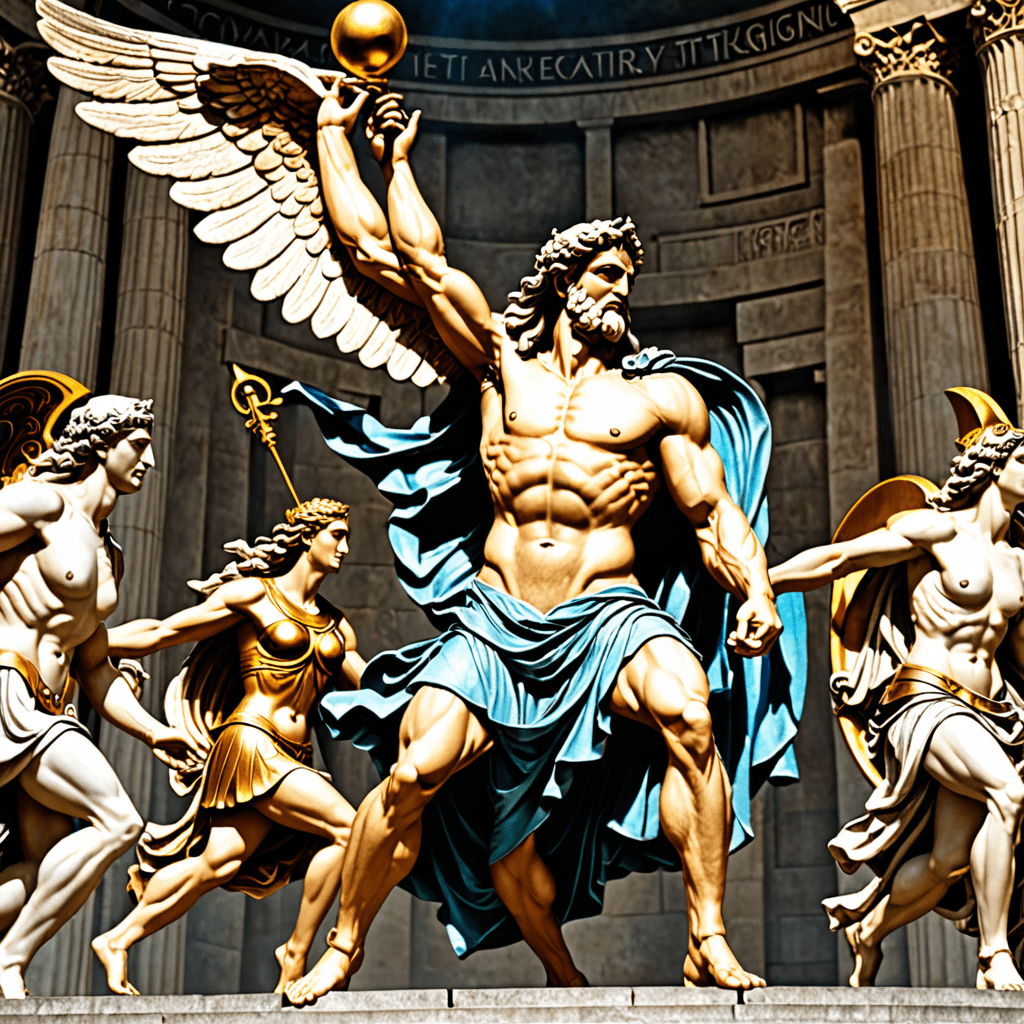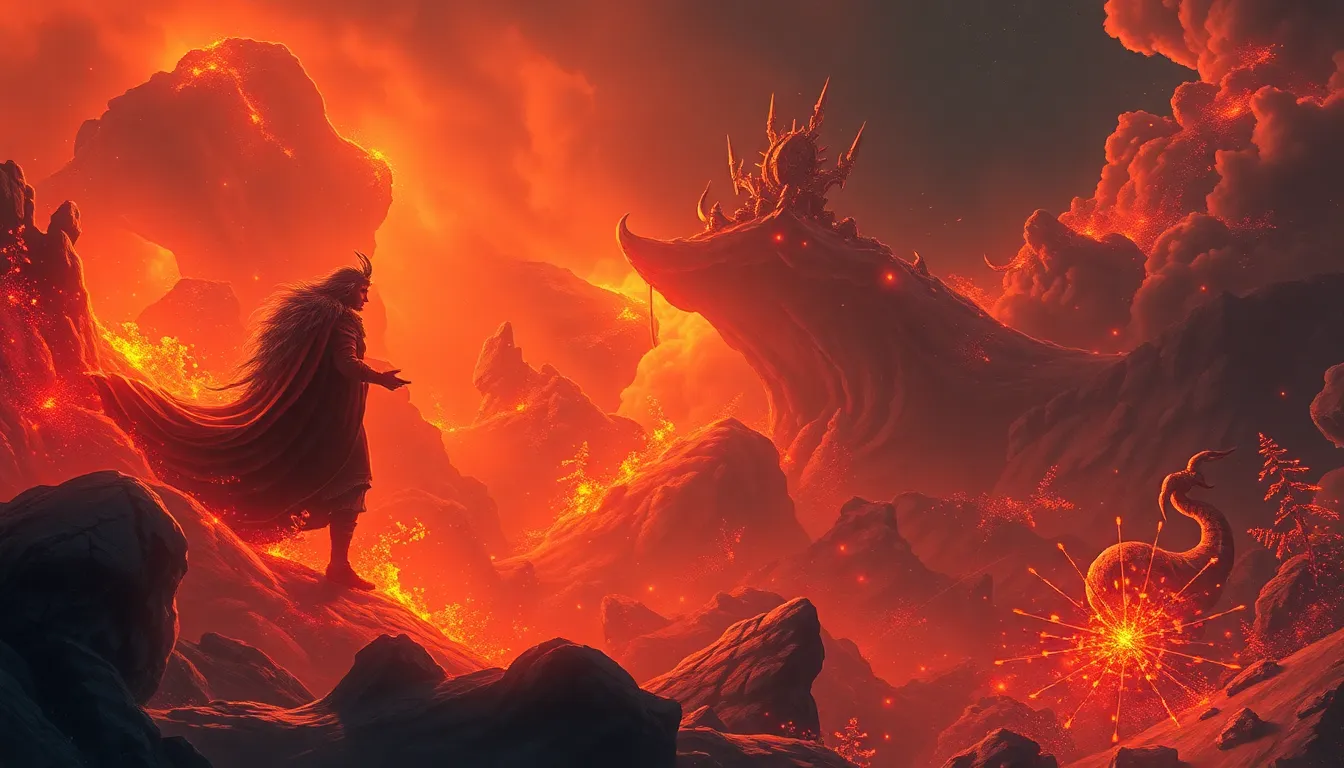The Creation Myths of Greek Mythology
Understanding the Greek Creation Myths
Greek mythology is rich with captivating tales of how the world and everything within it came to be. At the core of these myths are stories about the creation of the universe and the origins of gods and goddesses. Understanding these creation myths is essential to appreciating the foundational beliefs of ancient Greek culture.
The Primordial Chaos and the Birth of the Cosmos
In Greek mythology, the world begins with Chaos. This formless void contained everything that would later come into existence. Out of Chaos emerged Gaia (Earth), Tartarus (Underworld), and Eros (Love), forming the basis of the cosmos. Gaia then gave birth to Uranus (Sky) to complete the foundational elements of the universe. These initial deities set the stage for the creation of the world as we know it.
The Titans and Olympian Gods
Following the primordial deities, the Titans were born. Chronos (Time) and Rhea (Fertility) were among the most prominent Titans, along with Oceanus (Ocean) and Hyperion (Light). Chronos would later overthrow his father Uranus to become ruler of the cosmos. From the union of Cronus and Rhea, the Olympian gods were born, including Zeus, Hera, Poseidon, Demeter, and Hestia. The struggle for power and the rise of the Olympian gods marked a significant transition in Greek mythology.
The Creation of Humankind and the Influence on Greek Culture
One of the most famous accounts of humanity’s creation comes from the myth of Prometheus. Prometheus, a Titan known for his intelligence, defied the gods by giving fire to humans, which enabled human progress and civilization. This act angered Zeus, leading to the creation of Pandora as a punishment for humanity. These myths not only explain human existence but also reflect Greek values, beliefs, and understanding of the world around them.
Delving into the intricacies of Greek creation myths provides valuable insights into the ancient worldview, religious beliefs, and societal norms of the time. These captivating tales continue to fascinate and inspire people around the world, showcasing the enduring legacy of Greek mythology.
Frequently Asked Questions about The Creation Myths of Greek Mythology
What are creation myths in Greek mythology?
In Greek mythology, creation myths are ancient stories that explain how the world, gods, and humanity came into existence. These myths often involve primordial deities and describe the origins of the universe and its various elements.
Who were the key figures in the creation myths of Greek mythology?
Key figures in the creation myths of Greek mythology include Chaos (the void), Gaia (Earth), Uranus (Sky), and the Titans. These deities and beings played integral roles in shaping the cosmos and giving rise to gods such as Zeus, Poseidon, and Hades.
What are some famous creation myths in Greek mythology?
Some famous creation myths in Greek mythology include the Theogony by Hesiod, which details the genealogy of the gods, and the myth of the creation of humankind by Prometheus, who shaped humans out of clay.
How do the creation myths of Greek mythology differ from other mythologies?
The creation myths of Greek mythology often involve the concept of primordial deities and emphasize the actions and struggles of gods and Titans in shaping the world. Compared to other mythologies, Greek creation myths feature intricate family relationships and power struggles among the divine beings.



